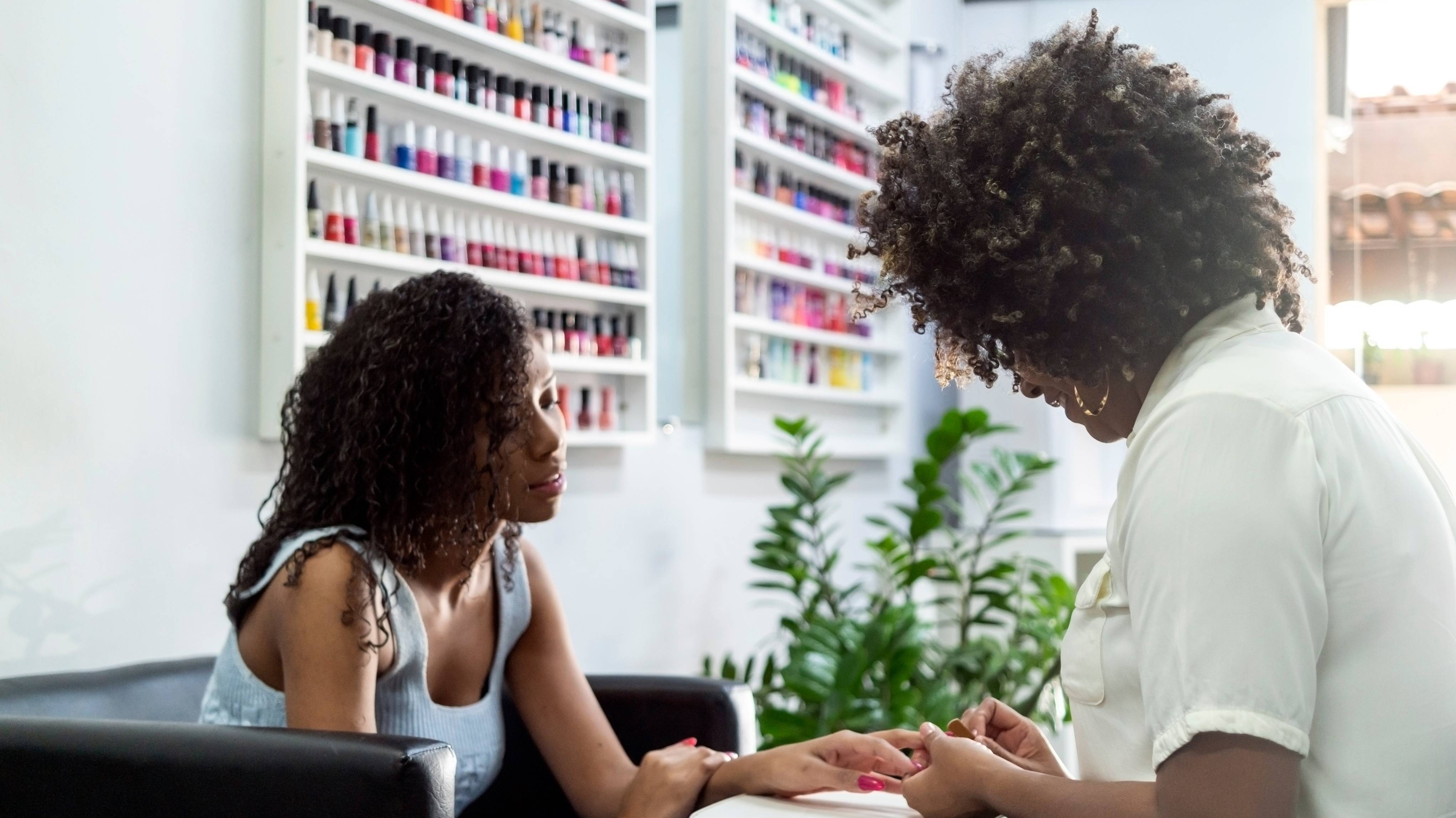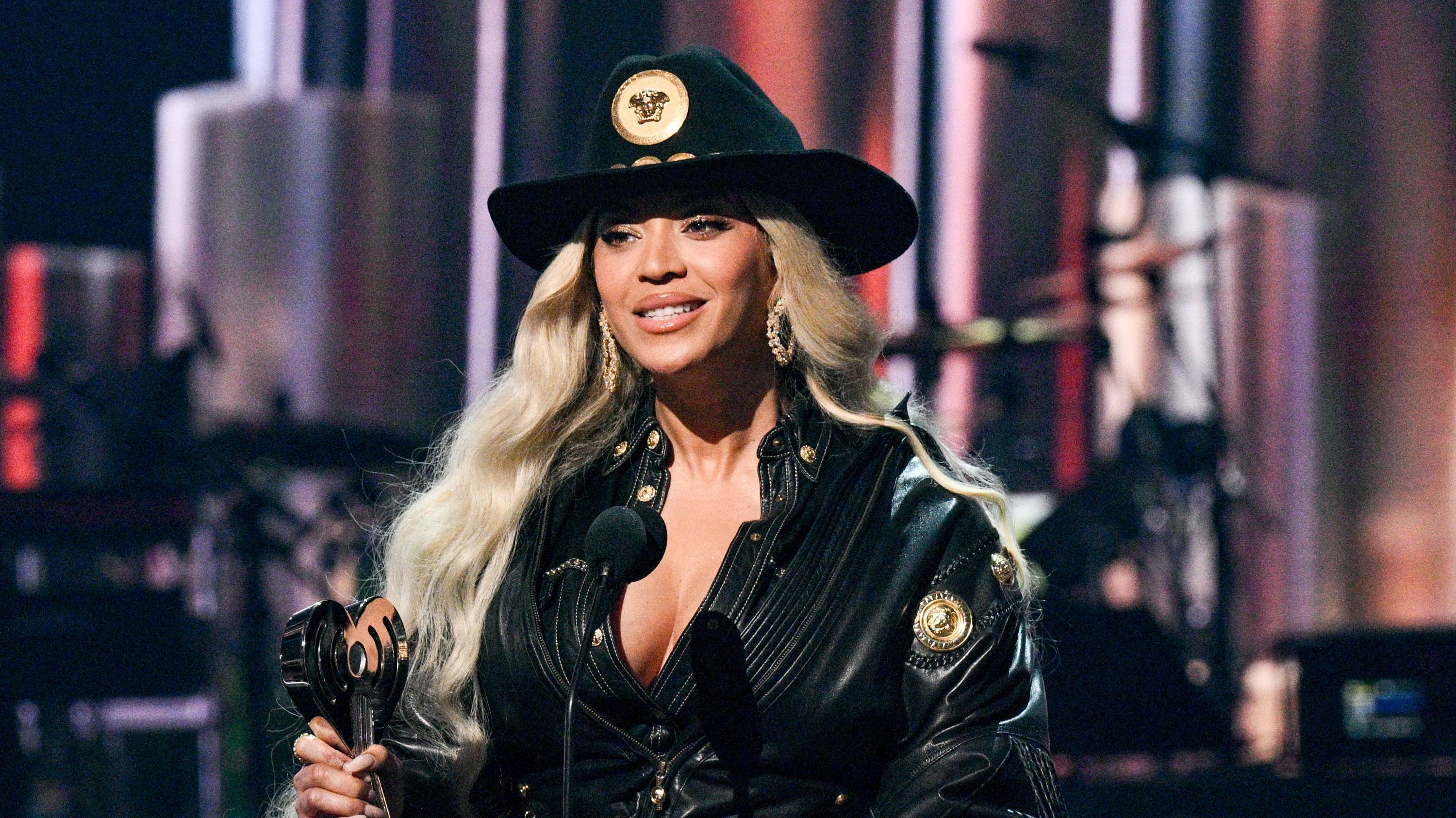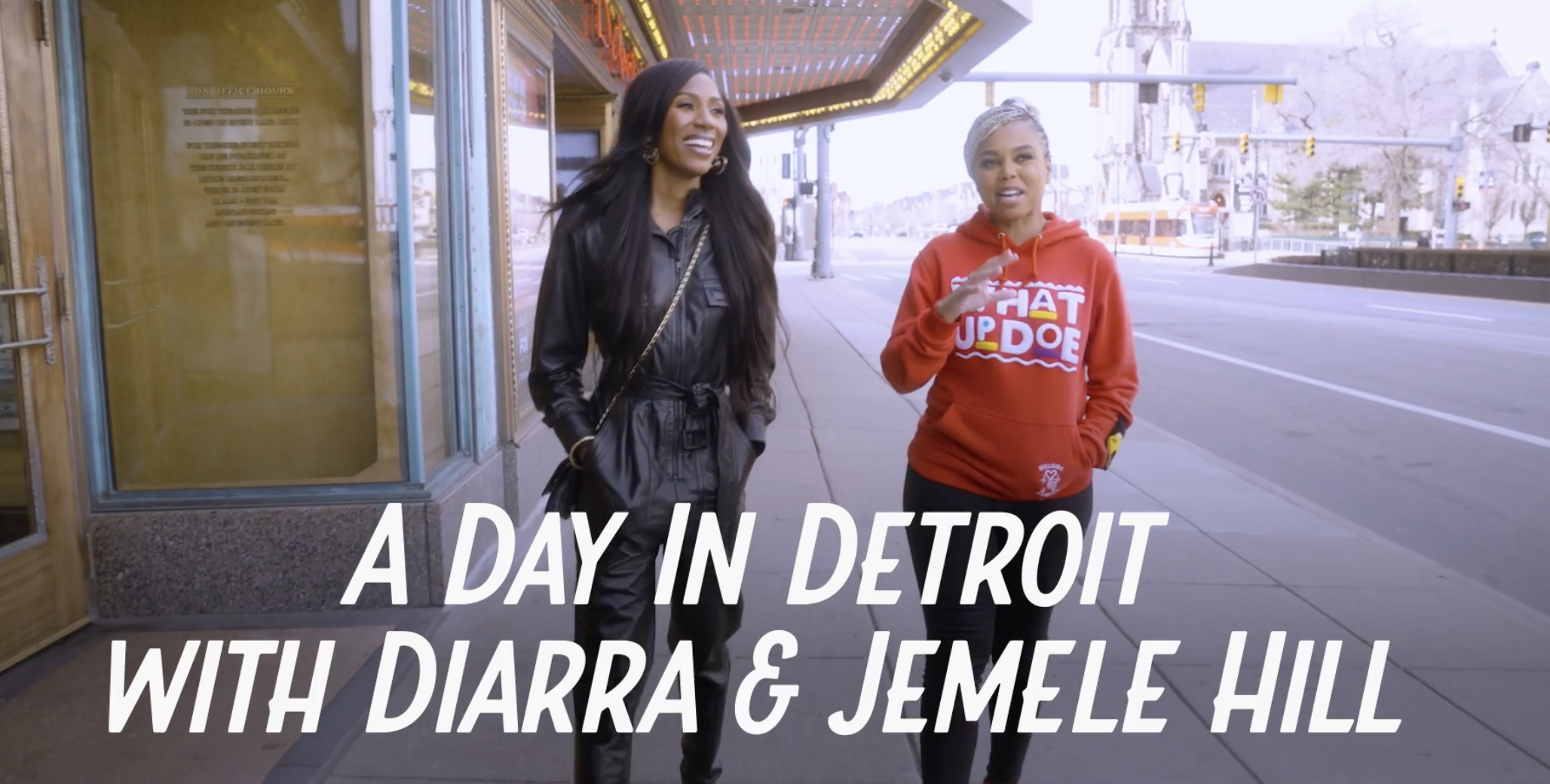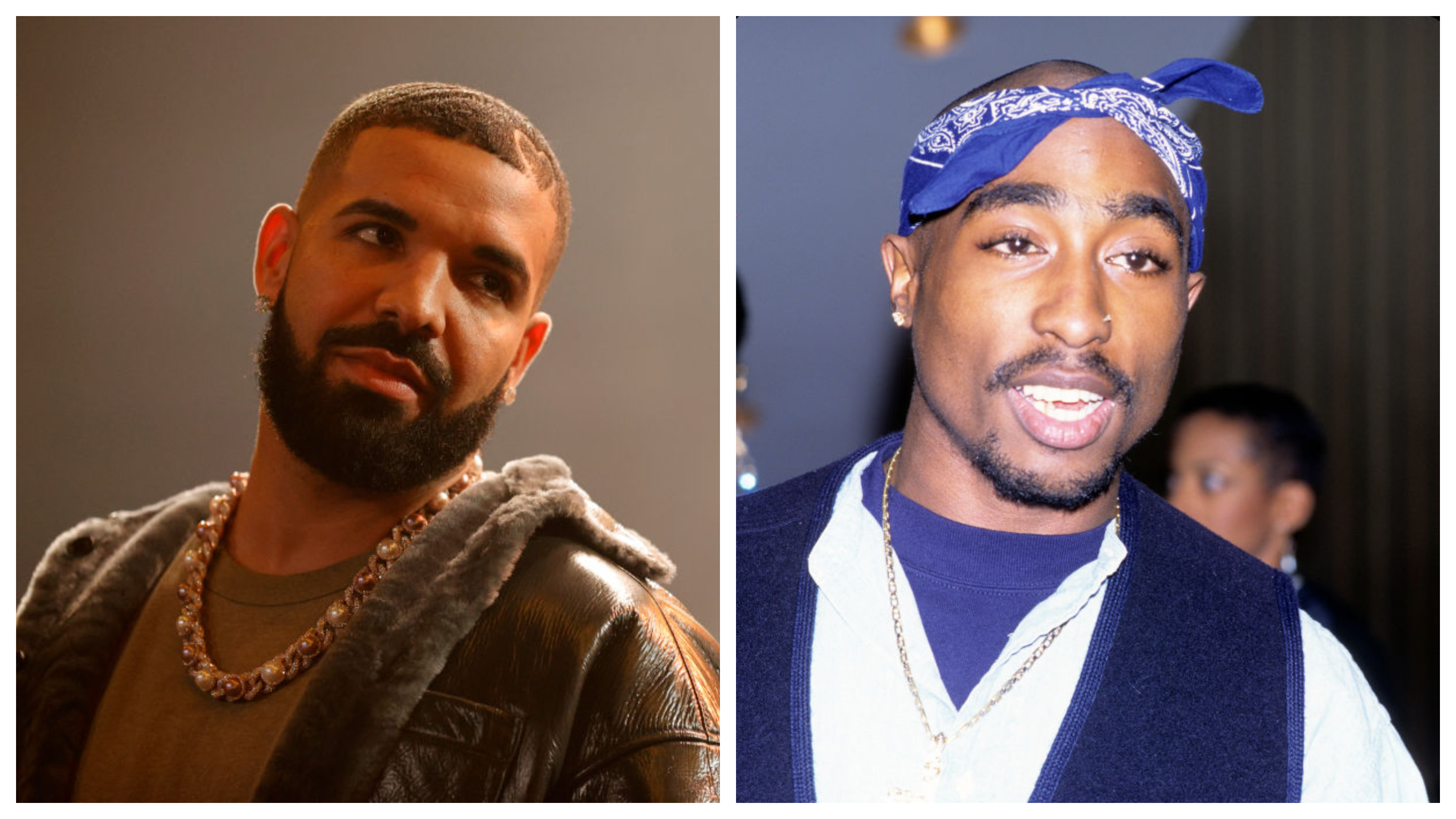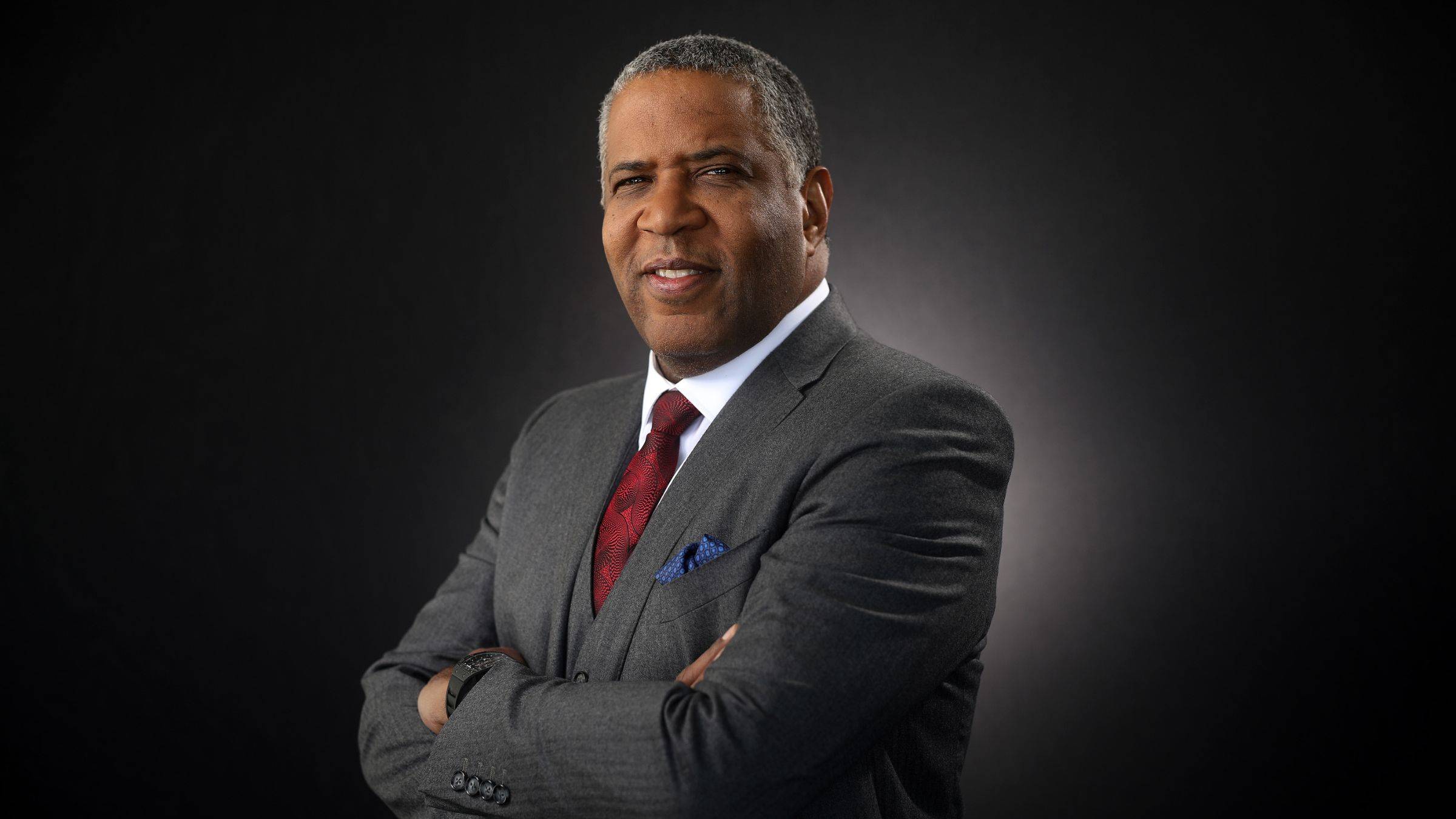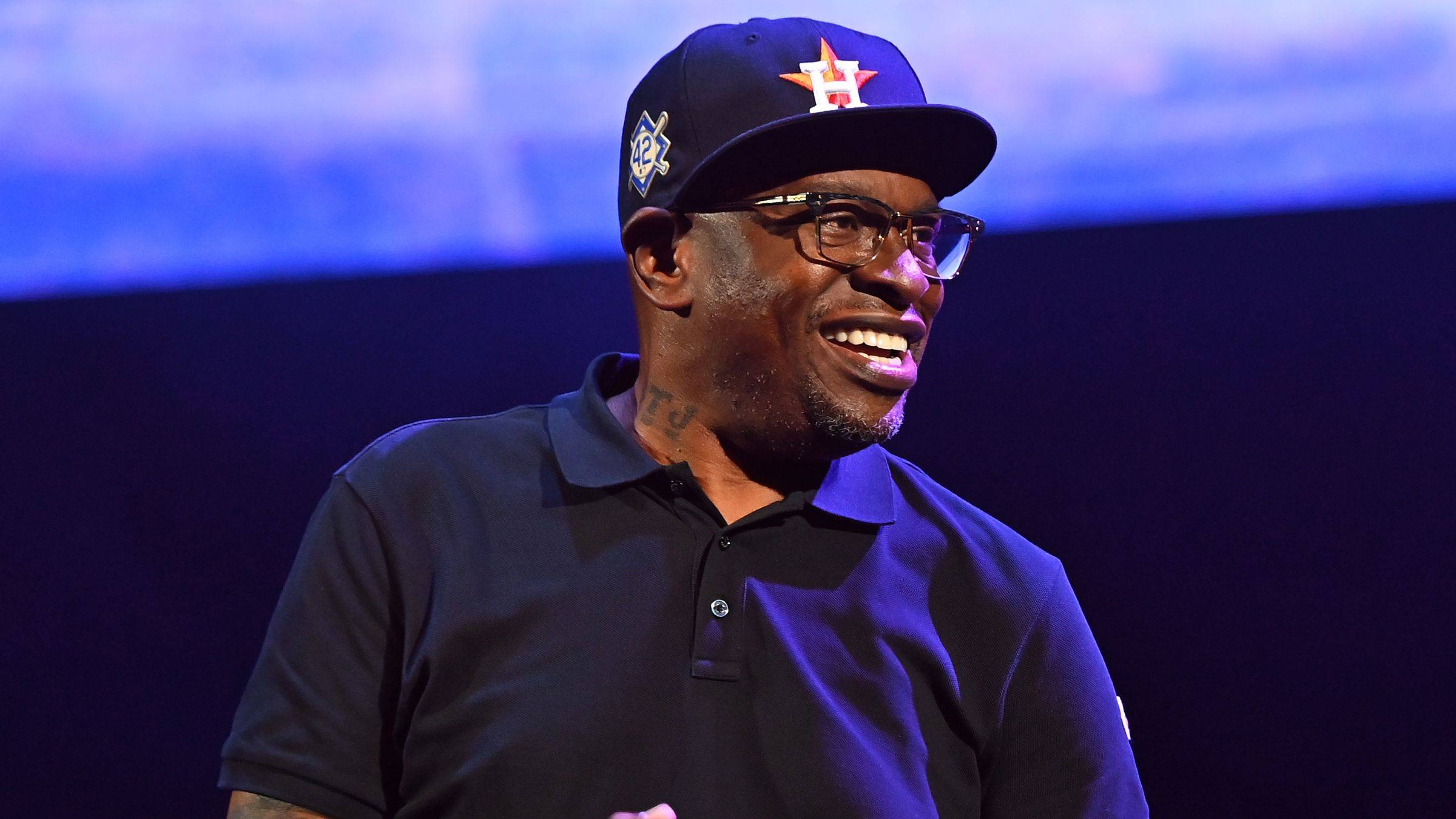Commentary: How Should Obesity Be Covered in Black Media?

A recent study really got me thinking about my role as a Black health journalist.
Researchers from the Missouri School of Journalism examined 35 newspapers (a majority of them being African-American media outlets) and found that nearly all of the stories were negative. Hyunmin Lee, one of the study’s authors told Medical Express, “The majority of the obesity news stories we analyzed focused on individual responsibilities and solutions that may not be achievable for many African-Americans."
"Even the stories that offered advice on ways to fight obesity were framed negatively," she said. "That advice was heavily attributed to individual responsibilities such as exercise and diet control, which are messages that are often ineffective at motivating African Americans to be healthy for socio-economic and cultural reasons."
Now, Lee is completely correct about the importance of illuminating on the structural barriers that usher in poor Black health: Poverty, food deserts, lack of access to quality health care, low health literacy and mistrust of the medical community. Yet, too often I read these elitist articles that suggest expensive workouts and exotic organic foods that a lot of people don’t have access to or money for.
And so, in my own work, as the researchers have suggested, my goal has been to use culturally competent messages that empower and encourage my audience to do their best to work through those barriers in order to make small changes. Because if you want to improve your overall health, all it takes are baby steps that over time can have lasting effects.
But Lee's perspective that exercise and portion control are not something that Black folks can do just doesn’t sit well with me. I’m sure it wasn’t her intention to offend, but stating it that way makes it seem that there’s something specific about our culture that makes us predetermined to be obese and sick.
And as a health journalist, that’s really the last thing you want to hear, especially when you see, interview and read about people making change in their lives even in the face of oppression. But what I do know is that despite all of the barriers, educating and encouraging isn’t a bad thing.
Call me naïve or optimistic, but as long as I am writing about health, I will continue to remind us that we do have some type of agency in our lives. And hopefully that encouragement will foster some type of change for us to know better and do better.
The opinions expressed here do not necessarily reflect those of BET Networks.
BET Health News - We go beyond the music and entertainment world to bring you important medical information and health-related tips of special relevance to Blacks in the U.S. and around the world. Click here to subscribe to our newsletter.
Get ready for the BET Experience, featuring Beyoncé, Snoop Dogg, R. Kelly, Erykah Badu, Kendrick Lamar and many more. Go here for more details and info on how to buy tickets.
(Photo: Allison Michael Orenstein / Getty Images)
